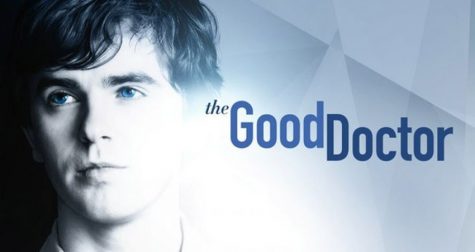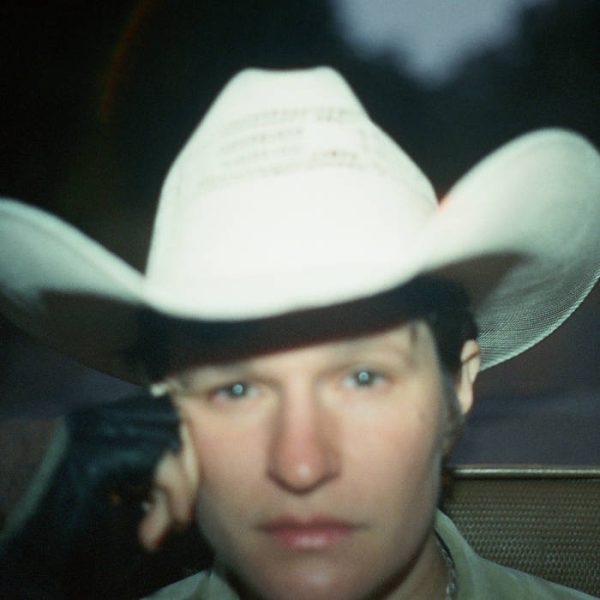‘The Good Doctor’ Illuminates The Reality Of Autism
October 6, 2018

You can stream “The Good Doctor” every Monday on ABC at 10 p.m. EST.
The show “The Good Doctor”on ABC is interesting to me because of my personal diagnosis of Autism.
“The Good Doctor” is a story of a young surgeon who has autism and savant syndrome.
As defined on WebMD.com: “Autism is a brain disorder that often makes it hard to communicate with and relate with others. With autism, the different areas of the brain fail to work together.”
According to Verywell.com: “Savant Syndrome is a rare, but extraordinary, condition in which persons with serious mental disabilities, including autistic disorder, have some “island of genius’ which stands in marked, incongruous contrast to overall handicap.”
The show highlights the people who live with Autism Spectrum Disorder (ASD), which is a lifetime condition. Statistics show that 1 in every 68 children is born with autism. With proper support, many living with autism — like me — can and are living functional and extraordinary lives.
“The Good Doctor” proves a great example of this.
As I watched the first episode, I made many personal connections to myself. The character of Shaun Murphy wants to make a positive difference as I do.
Other connections are seeing and relating to some of the autistic behaviors or tendencies, like sensory overloads and perseverating over things.
As I watched, I thought how great it was going to be to use it as a tool of educating viewers how autism works and affects a person and their surroundings. An example of how to instill empathy, compassion, and understanding of the diagnosis because that is all it is, a diagnosis — a diagnosis that does not define the person.
A scene that really stuck out to me showcased how blunt a person with autism can be. I appreciated how the producers of the show shared this. This particular behavior is really important for people to understand, so they should know not to take things personally because the person is only being honest.
On another note, I do question how people will interpret how the autistic doctor is great at his job, but not so great with interacting with people. Especially, that the Autism Spectrum is so large and not every person with autism is the same. It is questionable if there will be some kind of stereotyping involved.
I personally am a good person with a positive attitude which “The Good Doctor” portrays very well. I’m fond of this because it proves that some of the experts in the medical field were wrong.
The experts believe that children with autism lack empathy and cannot express it. This is completely false, in my opinion, when it comes to me and how it’s portrayed with Shaun Murphy’s character.
The behavior towards people with autism on the show illustrates how people react towards those who are different.
What a person with autism may think to be normal, others may see as weird, annoying, and/or freaky. Just because they perceive things differently or speak the first thing that’s on their minds, does not make them weird or a freak.
People on the spectrum don’t pick up on social cues, which are very well portrayed on this show as well. Dr. Murphy is shown not to understand sarcasm, he was unable to pick up on it and other characters educated him on it. Situations like these can make people vulnerable and others might take advantage of them, which can be very overwhelming.
Dr. Aaron Glassman, Shaun’s mentor, says: “He is qualified and different that is why he is the best candidate.”
He goes on to say that not “long ago was it when this hospital would not hire black doctors or hire women doctors?”
“Rationalization and temperament, aren’t we judged on how we treat people as humans?”
I believe there are many people who could agree with the character of Dr. Glassman once they understand autism.
People with autism deserve the same advantages as everyone else because by giving them a chance, you give “hope to those with limitations” according to Dr. Glassman. When you do not do this, you are discriminating because of a diagnosis and it’s technically not much different from racism.
I also caught on to visual signs. Especially the non-verbal ones like when the anxiety from a tough situation came through by reading body movements of a character.
Key moments on Dr. Murphy’s life were also important on the behaviors he displayed. The show made connections with present situations that Dr. Murphy was going through with his past experiences in certain situations.
In my opinion, this show is a conversation starter on how people with a diagnosis or a disability can be treated and viewed.
Will they be accepted and be given a chance is the question?
Will this show make people more empathetic to those on the spectrum and to those affected by it?
Education is a key to the unknown and having shows like these, in my opinion, is a positive thing.
“The Good Doctor” premiered its second season this past Monday, Sept. 24. The show airs at 10:00 p.m. every Monday on ABC.












